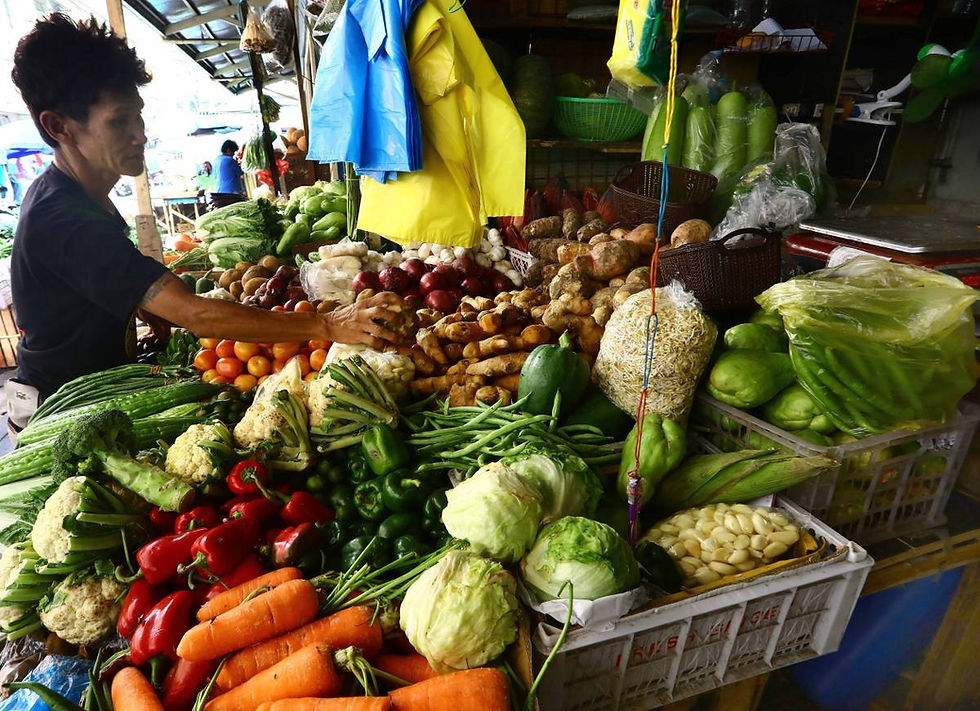Pinoys unhappy with inflation response
- Ziggurat Realestatecorp

- Sep 9, 2023
- 2 min read
Filipinos are not happy with the government's performance in managing inflation and reducing poverty but are satisfied with the provision of education and health care, response to natural disasters and protection of overseas Filipino workers (OFWs), a survey by OCTA Research released Thursday showed.
The Second Quarter Survey held from July 22 to 26 showed that only 36 percent of respondents said they were satisfied with the response of the Marcos administration in reducing poverty, while 34 percent said they are satisfied with its response on managing inflation.
Conversely, 32 percent said they are dissatisfied with the way the government is managing inflation, while 26 percent said they are dissatisfied with its response in reducing poverty.
Seven out of 10 respondents are satisfied with the Marcos government in providing education, health care, responding to natural disasters, and protecting OFWs.
A low 26 percent of respondents in the National Capital Region said they are least satisfied with the government's poverty-reduction response, while they are most satisfied with protecting OFWs and ensuring food security.
They were highly dissatisfied with the government's performance in poverty reduction (31 percent) and job creation (22 percent). Mindanao respondents were most satisfied with the government's programs to provide primary and secondary education, quality health care, and creating more jobs. Respondents in the Visayas are satisfied with the government providing quality tertiary education.
The dissatisfaction rating on managing inflation was highest in Mindanao at 43 percent.
Among socioeconomic classes, class ABC were mostly satisfied with the government's performance to provide quality and affordable health care with 65 percent, followed by preparing to successfully face any kind of terrorist threats (55 percent), and protecting human rights (55 percent).
They were also satisfied with the government's performance in reducing taxes at 43 percent. Class E respondents were satisfied with the government's performance in providing quality and affordable health care (77 percent), protecting OFW welfare (79 percent), and defending Philippine territory against foreign intervention (73 percent).
Nearly four to five out of 10 respondents in all classes were dissatisfied with the government's performance in controlling the prices of basic goods and services, with the rating highest in Class E at 45 percent.
Class E also reported the highest dissatisfaction rating in poverty reduction, 33 percent.
OCTA noted that three of the five government policies that were rated the highest were in the top five in the March survey: providing quality primary and secondary education, providing quality tertiary and technical/vocational education, and protecting OFWs. The three programs had lower ratings from the previous survey, with the highest decrease coming from the education programs at 10 percent.
Three of the government's programs with highest dissatisfaction ratings — managing inflation, reducing poverty, and fighting graft and corruption — remained on the bottom five since the October 2022 survey, with managing inflation and reducing poverty, even posting higher dissatisfaction ratings.
The survey had 1,200 respondents ages 18 years and above with a margin of error of plus or minus three percent nationwide and plus or minus six percent for Metro Manila, the rest of Luzon, Visayas and Mindanao.
Source: Manila Times





Comments